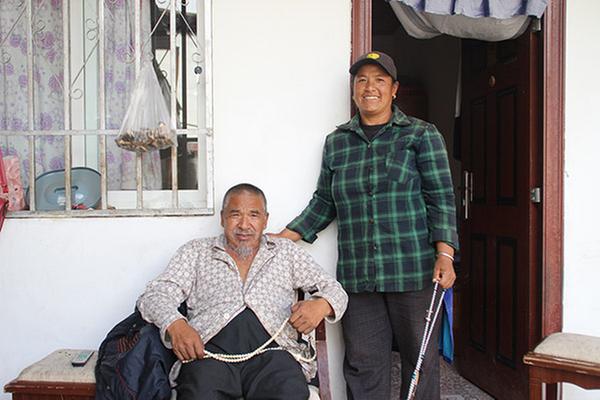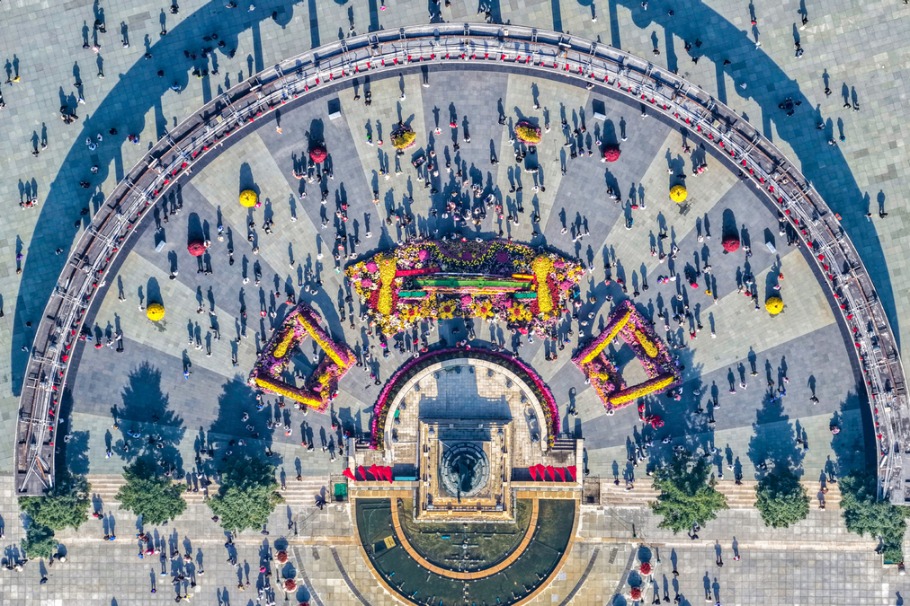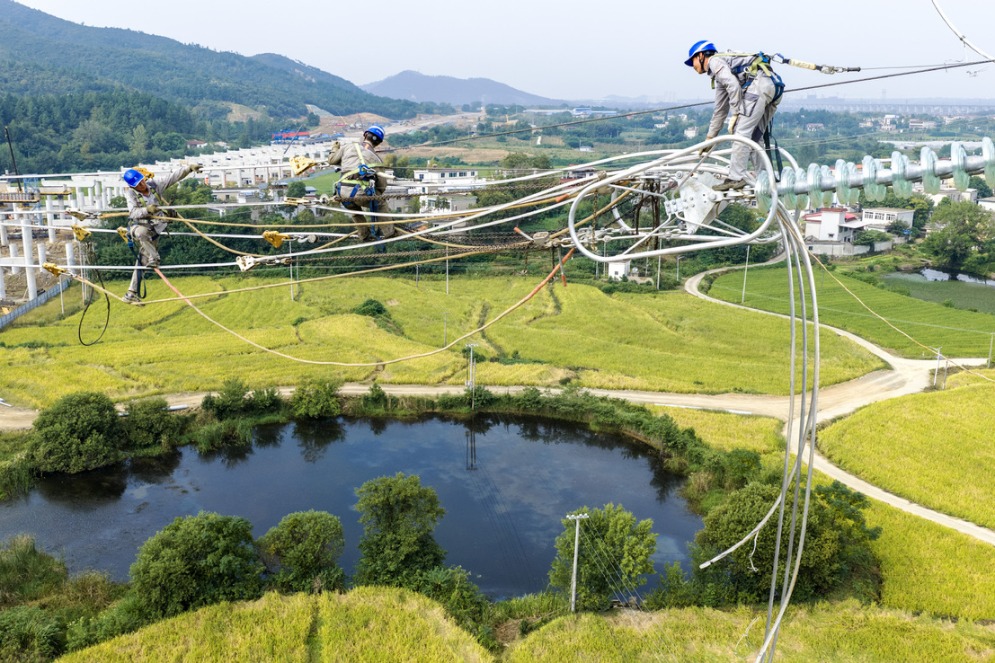The great thaw

 |
| Baima Dengzhu and his wife live in the foothills.[Photo by Shi Wenzhi/China Daily] |
A drastic reduction in greenhouse gas emissions would be needed in the next few decades to limit global temperature rise to 1.5 or 2 C, experts have earlier said.
"If such targets are met, then it is conceivable that plausible quantities of sulfate aerosol geoengineering may be able to maintain 2020 temperatures throughout the 21st century," Zhao Liyun, a junior scientist at the same college as Moore, wrote in a recent paper, co-authored with him and three others.
But their argument in favor of this intervention, by their own admission, is one that could also inevitably alter other important climate parameters, such as precipitation, atmosphere and ocean circulation patterns. Besides, it would not be localized and could change the climate on time scales of decades.
Such studies are ongoing in other countries, too, as researchers search for models with the least side effects.
China stepped up mapping glaciers in the 1980s after global anxiety over the onset of another ice age.
Li Yingqing contributed to this story.
- 5 dead after entering abandoned mine in East China
- Andersson seizes victory in Shanghai F1H2O showdown
- Red alert as Typhoon Matmo makes landfall in South China
- New reception hall aims to transform Guangzhou into international trade hub
- Typhoon Matmo to make landfall on Sunday
- Mid-Autumn Festival event promotes cross-Strait harmony in Fuzhou





































